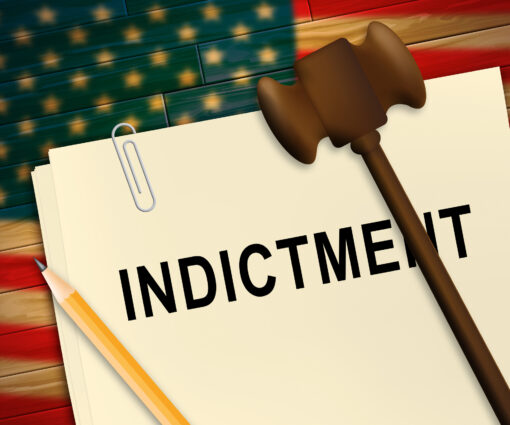Navigating the complex world of federal criminal defense law often involves knowing when to exercise your right to silence. Common wisdom dictates that silence often serves a defendant well, particularly when interacting with government investigators or prosecutors. Without divulging information about their case, a defendant reduces the chance of making self-incriminating statements that could aid the government in achieving a conviction.
Read on to learn more and contact Chambers Law Firm at 714-760-4088 to request a free legal consultation with a federal defense attorney.
Stepping into the Federal Indictment Arena
However, this advice isn’t always hard and fast. This piece delves into a recurring event – the proffer session – where criminal defense attorneys, especially those practicing federal law, sometimes encourage their clients to engage in dialogue with government agents and prosecutors about the intricacies of a criminal investigation.
While participating in a proffer session might benefit the defendant, it certainly isn’t devoid of risks.
The Anatomy of a Proffer Session
A proffer session can be defined as a platform where an individual has the chance to converse with law enforcement about their awareness of a crime, coupled with a tentative guarantee that their words won’t be used against them in a criminal trial.
This assurance often materializes in a “proffer letter,” explicitly outlining the government’s obligations. For law enforcement, a proffer session is a vital investigative tool. For the defendant, it presents an opportunity to either exonerate themselves or, when an indictment is inevitable, secure advantageous deals such as sentence mitigation due to cooperation or even complete immunity.
The Pros and Cons of a Proffer Session
Why would a potential or indicted defendant agree to a proffer session? The appeal primarily lies in the immense discretion granted to prosecutors concerning the selection of charges to file, the offer of plea deals, and, in federal cases, the provision of sentencing credits for cooperation.
Gaining Insight into a Criminal Case
Conversely, the government’s rationale for agreeing to a proffer is to acquire information it currently lacks. This could encompass data implicating un-indicted co-conspirators or co-defendants in further conduct for which the government previously lacked adequate evidence.
Categorizing the Defendant
Before consenting to a proffer session, a skilled criminal defense attorney should discern how the government perceives their client: as a mere witness, a suspect, or a combination of both. Regardless of the client’s role in the government’s investigation, what level of protection can the lawyer secure for the client?
Many are familiar with the constitutional rule demanding immunity before a witness can be forced to testify—either at the grand jury or trial—over the witness’ assertion of self-incrimination right under the Fifth Amendment to the U.S. Constitution.
Understanding “Queen for a Day” Immunity
The immunity offered during a proffer session—often termed “Queen for a Day” immunity—is considerably less extensive.
The client offering the proffer is generally immunized to the extent that their statements during the proffer session cannot be used by the government in its case against them. Nonetheless, this approach still leaves room for potential problems for the client. If the client later testifies inconsistently, the government can use the proffer statements during cross-examination.
The Limits of Immunity
More worryingly, “Queen for a Day” immunity seldom encompasses “derivative use immunity.” This means that the government can use the proffer statements to unearth other investigative leads and use that derivative information to prosecute the client.
To mitigate these risks, in many cases, a safer initial step is to agree to a “reverse proffer,” where the government shares some of its evidence for the client and attorney’s scrutiny before deciding to cooperate.
For advice and a free legal consultation from an experienced federal criminal defense attorney, contact Chambers Law Firm at 714-760-4088.





